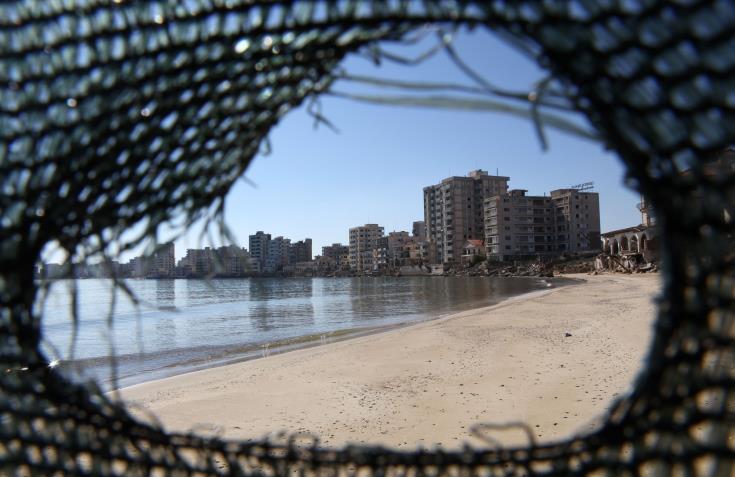
The content of the President’s letter to the Secretary General confirms AKEL’s fears
Statement by AKEL C.C. Spokesperson Stefanos Stefanou on the President of the Republic’s letter to the UN Secretary-General
AKEL C.C. Press Office, 5 July 2019, Nicosia
The President’s letter to the Secretary General of the UN, as leaked to the press, confirms the fears expressed by AKEL. That is to say, the President has repeated himself. At the same time as he expresses in words his support for a resumption of talks from the point where they had remained at Crans Montana, in practice what he is calling for annuls this very position.
What the President in essence says in his letter is that there should either be a meeting held between him and the Turkish Cypriot leader with the UN Secretary General’s Special envoy on Cyprus Mrs. Lute or that an informal Crans Montana-type conference should be convened. That is to say, we shouldn’t continue from where we had remained, but rather to discuss the terms of reference and his “new ideas”.
We reiterate that all the President’s so-called new ideas are outside the Guterres Framework and for that reason they annul the relevant convergences:
- The position for decentralized federation in effect means a renegotiation of the federal competences, which are agreed and for that reason are not included in the Secretary-General’s Framework.
- The President’s position for a parliamentary system basically re-opens the issue of the system of government which is also agreed.
- Lastly, his insistence on withdrawing the one positive vote in the Council of Ministers annuls the relevant convergence that has been recorded.
These positions of the President are not only outside the Framework, they are also erroneous. The idea of a parliamentary system of government is harmful in the conditions of Cyprus because it creates a real risk of continuous reversals and electoral confrontations, or even a failure to form a government.
The position for decentralized federation does not solve the problem of political equality and effective participation, because no matter what and how many federal competences there will be, political equality will be implemented.
The position for the shrinking of the one positive vote in the Cabinet, which by the way replaced the hard veto of the Zurich agreements, essentially refers to a majority-minority relationship and as such will not be accepted neither by the Turkish Cypriot community, nor by the international community.
Does the President seriously believe that the UN Secretary-General will be convinced to convene an informal Crans Montana-type conference to discuss such “bright ideas”, indeed when the Secretary General himself says in his reports that if there are new ideas, they must first be agreed with a sense of urgency between the two leaders and following that they should address the Secretary General?
Does the President of the Republic believe that Turkey will cease opening up issues and engaging in provocative actions when we restrict ourselves to denouncing Turkey instead of taking action that will put it in a corner? The principal action that will put Turkey in a corner is for the President to respond at long last without terms and preconditions, to what the UN Secretary-General is calling for.
An issue for the President to answer also arises, as to whom he consulted to put forth his bright ideas and why the other political forces are keeping silent.




